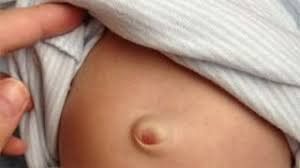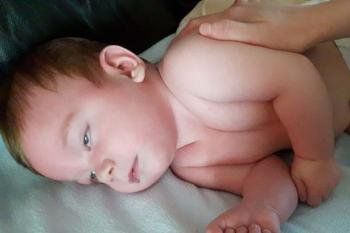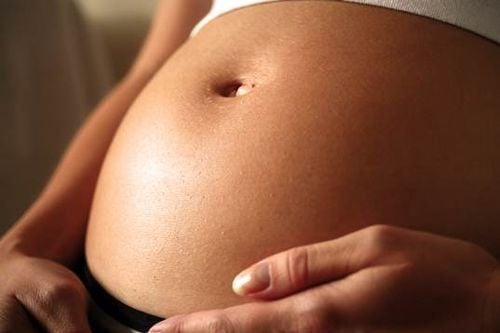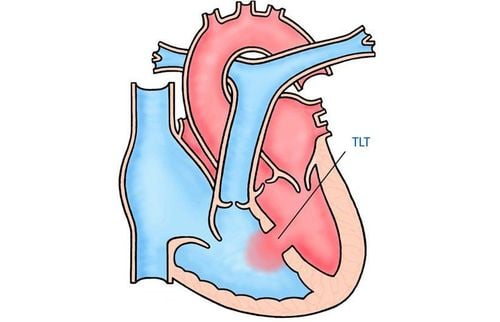This is an automatically translated article.
Infantile convulsions are a symptom of many diseases, but they are often subtle and easily overlooked. However, seizures in infants often have an obvious cause. Therefore, the diagnosis and treatment of the cause is very important in the management of seizures in children.
1. Neonatal convulsions
Seizures occur when there are changes in the electrical signals of the brain. The brain is an organ made up of nerve cells, which work with each other through electrical signals. If there are too many neurons sending signals at once, a seizure will occur.
There are many causes of convulsions in children such as:
When a baby is born without oxygen to the brain, head trauma, birth defects, meningitis, diseases related to metabolic disorders in the body , eg unable to metabolize sugar, fat or protein During pregnancy, the mother used drugs. Neonatal convulsions have a wide variety of manifestations, but in some cases they are subtle and easy to ignore. Manifestations of convulsions in children include:
Abnormal movements or changes in muscle tone of the trunk and limbs: focal or generalized convulsions, cerebral or cortical rigidity, and generalized hypotonia. Abnormal movements of the face, tongue, mouth: sucking, chewing, puckering,... Abnormal eye movements: nystagmus-type nystagmus, looking in one place,... Autonomic nervous system: hyperventilation ventilation, muscle apnea, heart rate changes, pupillary reflex, blood pressure. Seizures in infants are different from those in older children because they often have an obvious cause. Therefore, the diagnosis and treatment of the underlying cause is very important in the management of neonatal seizures.
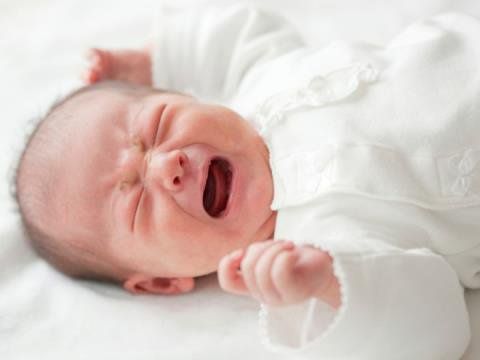
Viêm màng não gây co giật ở trẻ sơ sinh
2. Management of convulsions in infants
It is very important to manage convulsions in children, this will help them avoid the risk of choking leading to death. Mothers should note:
Put the child to lie on his side on a flat surface If the child is not awake, absolutely do not feed or drink to the child. Do not put objects in the child's mouth, such as holding the child's tongue. Because doing this is unnecessary and can even harm the child. Call an ambulance and take the child to a medical facility immediately if:
The convulsion lasts more than 5 minutes Trauma in the convulsion After the seizure the child has difficulty breathing 2 convulsions occur in a row First time child convulsion

Khi cơn co giật của trẻ kéo dài hãy gọi xe cấp cứu và đưa đến bệnh viện
Most children do not need any treatment during a seizure, as most seizures last only a few minutes. In some cases, seizures may last longer than 15 minutes, at which time the doctor will prescribe anticonvulsants.
Treatment of seizures depends on the cause, if the child has epilepsy the doctor will prescribe the necessary medicine to prevent seizures for the child. If your child has brain damage, surgery may be needed.
In summary, convulsions are symptoms of a number of diseases, caused by many causes including epilepsy, high fever, birth defects, trauma,... The initial treatment of convulsions for children is absolutely necessary to prevent the risk of aspiration, which can lead to death. Take your child to a medical facility to find the cause of the seizure and get advice and treatment.
For examination and treatment at Vinmec, please come directly to Vinmec health system or register online HERE.




